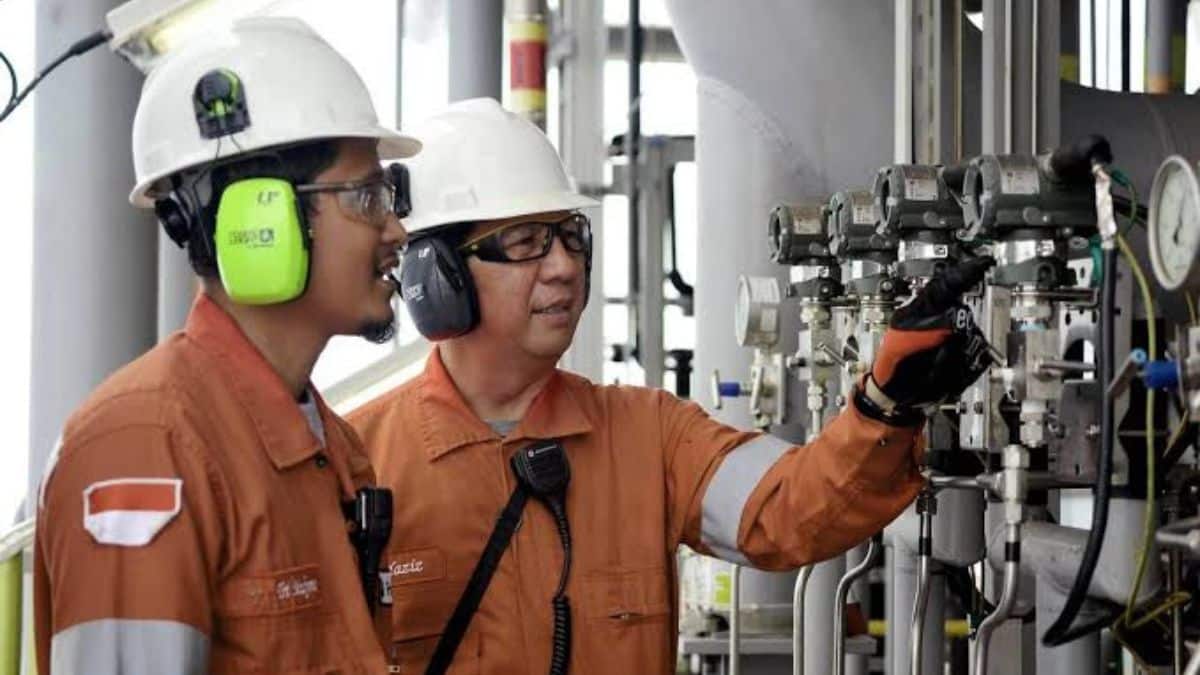Indonesia is grappling with a significant outflow of skilled professionals, including welders and engineers, as an increasing number of these workers are drawn to lucrative opportunities in foreign oil and gas projects. This trend has raised concerns about the potential impact on the country’s domestic energy sector and broader economic development.
According to recent reports, the growing allure of higher salaries and better working conditions offered by international oil and gas companies has led to a noticeable exodus of Indonesia’s skilled workforce. The situation is particularly concerning as these sectors play a crucial role in the nation’s economy, which heavily relies on energy pskiroduction and infrastructure development.
Foreign projects, often located in regions with robust oil and gas industries, offer competitive compensation packages and advanced technological environments that appeal to Indonesian professionals. This shift has resulted in a shortage of qualified personnel available to work on domestic projects, potentially delaying critical infrastructure developments and affecting the efficiency of local energy production.
The loss of these skilled workers poses a challenge for Indonesia’s energy sector, which is already facing pressures from both domestic demand and the need to enhance its technological capabilities. Industry experts argue that the country needs to address this talent drain by improving working conditions, offering competitive salaries, and investing in training programs to retain and develop its workforce.
Government and industry leaders are being urged to collaborate on strategies to mitigate the impact of this exodus. Initiatives could include strengthening vocational training programs, fostering partnerships between educational institutions and industry, and creating incentives to attract and retain skilled professionals within the country.
As Indonesia navigates these challenges, the focus on retaining its skilled workforce will be crucial for sustaining growth and innovation in the energy sector. Addressing the underlying issues contributing to the talent drain will be essential for ensuring that the country remains competitive and capable of meeting its energy and infrastructure needs.

